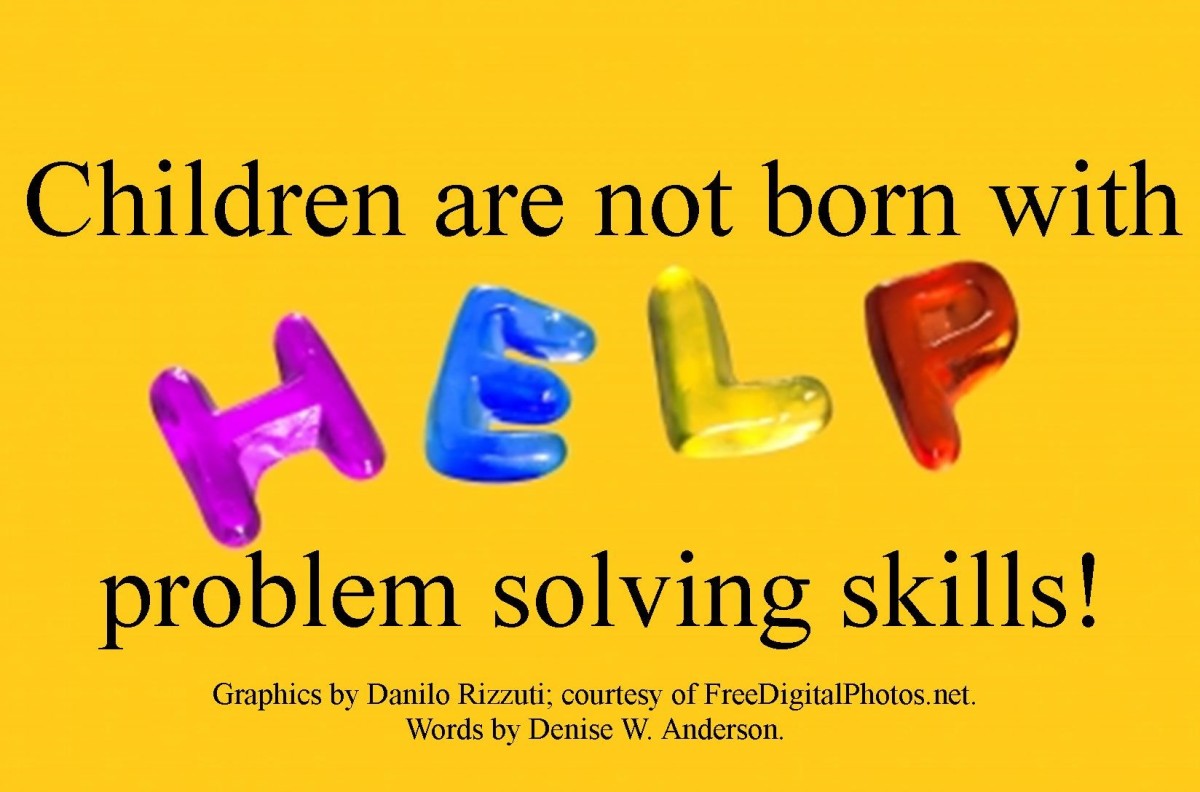- HubPages»
- Health»
- Mental Health»
- Anxiety Disorders
How to Help Agoraphobics

Does my Friend/Relative Have Agoraphobia?
Just as you may be unaware that your friend/relative has agoraphobia, they, too, may be completely unaware. Wikipedia defines agoraphobia as: an anxiety disorder characterized by anxiety in situations where it is perceived to be difficult or embarrassing to escape. These situations can include, but are not limited to, wide-open spaces, and uncontrollable social situations such as may be met in shopping malls, airports, and on bridges. Agoraphobia is defined within the DSM-IV TR as a subset of panic disorder, involving the fear of incurring a panic attack in those environments. The sufferer may go to great lengths to avoid those situations, in severe cases becoming unable to leave their home or safe haven.
Agoraphobia is Easily Hidden or Misunderstood
Hidden: When I was agoraphobic, I didn't realize it for about 2 years, until the point where I quit my high-paying (yet stressful) job and couldn't leave the corner of my couch. I was so ashamed, feeling very abnormal, didn't understand the problem, and if I didn't understand it, surely no one else would. So I made all kinds of logical excuses why I couldn't come visit people, colleagues, and relatives, or even talk on the phone - "So busy!"
Misunderstood: Of course, if your friend or relative is saying they're too busy to see you, chat on the phone, or e-mail, your last guess would be that they have agoraphobia. More likely, you'd think they were actually very busy, preoccupied, or they just didn't want to talk to you - for whatever reason. Agoraphobics are very good at hiding their true feelings, since often, even they don't understand what's happening, and they really don't want to talk - to anyone - it's not personal. They want no attention of any kind. At least in my case, I just wanted to disappear, did not want sympathy, worrying, caring, anything, that would have been the worst.
So, How Can I Help?
- Their territory
- Make it Brief
- Focus elsewhere
- Talk about your own problems
- Ask them for help
Their Territory
Rather than focusing head-on attention to the agoraphobic or their issues, try suggesting a brief visit to their territory. Often, agoraphobics are afraid to leave their 'safe' surroundings, but might hesitantly, accept a brief visit.
Make it Brief
Don't plan a long "let's catch up" talk. Maybe, just a, "Hey I'm driving right by your place, can I drop off this awesome book I just read; I know you'll love it." Just don't put the focus on them, that, at least in my case, is the last thing I wanted in the beginning. If you're in that position, try a brief hug, and an "I've gotta run, good to see you." This will start to replant in their mind that not all social contact is burdensome or negative or judgmental - whatever started the agoraphobia in the first place.
Focus Elsewhere
In the beginning, maybe even before your friend/relative realizes they have agoraphobia, the thought of talking about the problem is abhorrent, and will cement in their mind why they've isolated themselves, that other people think they have a serious problem. This is not the time to be pushy, even if you have their best interests at heart. Later, they will realize they have a serious problem, but it takes time.
So, just remember that they are the friend/relative that you've always known, and treat them as such.
Talk About Your Own Problems
I remember when I was in the depths of agoraphobia, having friends e-mail me with recitations of horrendous problems; also, on the news (CNN, HLN) I'd watch the plights of those in real, imminent peril, and think, what, really, do I have to complain about?
So, too, sharing your problems with an agoraphobic, makes an unstated assumption, that (1) they are stronger than you in, at least, this one area, and (2) they have the ability to help with your problem or at least help by listening. These statements are not false. They probably do have these abilities, they just aren't in the habit of practicing them of late.
I Need Your Help
I've heard parents who are afraid to fly say that they forgot their fears when they were comforting, distracting, entertaining a child. I think the same concept applies with agoraphobics. They also have a fear, but you can distract them and help rebuild their self-esteem. Psychologically, the person who is asked for help/advice/instruction is considered the superior.
Just because your friend/relative has agoraphobia, does not mean they are not brilliant in many ways. Ask for their help with a problem. In my case, this totally lifted me from my role as victim to helper/confidante/adviser. Eventually, this created a desire in me to help others, requiring me to reach out, beyond my apartment, beyond my couch.
It's Gradual
Don't expect a change overnight, but whether or not you know if your friend/relative has agoraphobia, feel good that you had a part in preserving or growing a valuable relationship. To learn more about the gradual recovery process, see: Three Ways to Start Overcoming Your Agoraphobia.






